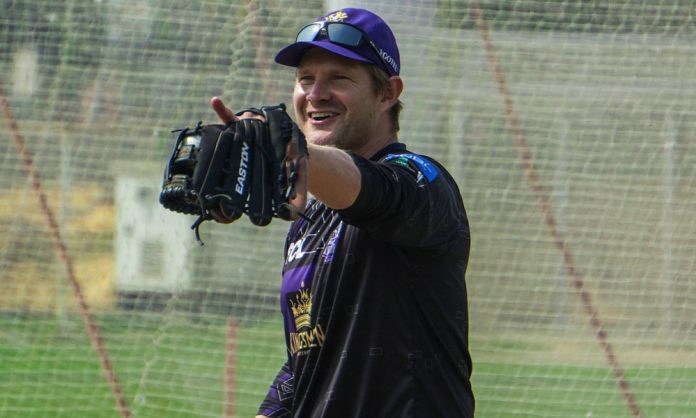During the ninth edition of the Pakistan Super League (PSL), Shane Watson, a renowned cricketer, spent a total of 28 days in Pakistan. Despite being offered a substantial monthly salary of more than 4 crore rupees (equivalent to approximately two million dollars annually), Watson did not secure the position of the highest-paid coach. However, during his tenure with the HBL PSL, he did manage to attain a notable distinction.
Quetta Gladiators, the team Watson was associated with, reportedly paid him a fee of $150,000 for his coaching services. Converted to Pakistani rupees, this amounted to approximately 4 crore and 20 lakh rupees.
This compensation structure meant that Watson earned around 15 lakh rupees per day during his stay in Pakistan. Despite his significant remuneration, the performance of the Quetta Gladiators did not witness a substantial positive change under his coaching.
Although the team did manage to reach the playoffs, their performance in the first match of the playoffs was notably poor, resulting in a significant defeat. This led to questions and criticisms regarding Watson’s coaching style and effectiveness. As a result, it appears unlikely that he will continue as the head coach of Quetta Gladiators in the subsequent HBL PSL season.
Comparatively, former West Indian cricket star Vivian Richards, who had previously served as a mentor for Quetta Gladiators, saw a reduction in his compensation due to the impact of the COVID-19 pandemic. His pay was reduced from $100,000 to $75,000.
Insights into the compensation structure of other team officials were provided. Moin Khan, the former coach and current team director of Quetta Gladiators, initially had a contract worth $50,000. He was entitled to receive additional bonuses of $10,000 upon reaching the playoffs and subsequently the final match.
While the owner of Quetta Gladiators, Nadeem Omar, has been recognized for his reputation of fairly compensating players and coaches, the performance of Shane Watson as a coach and the subsequent decisions regarding coaching personnel reflect the dynamic nature of team management and the demands for successful outcomes in competitive sports.


